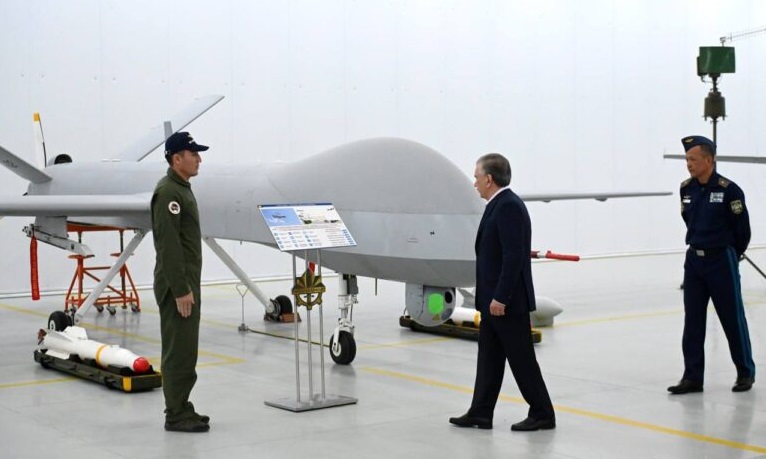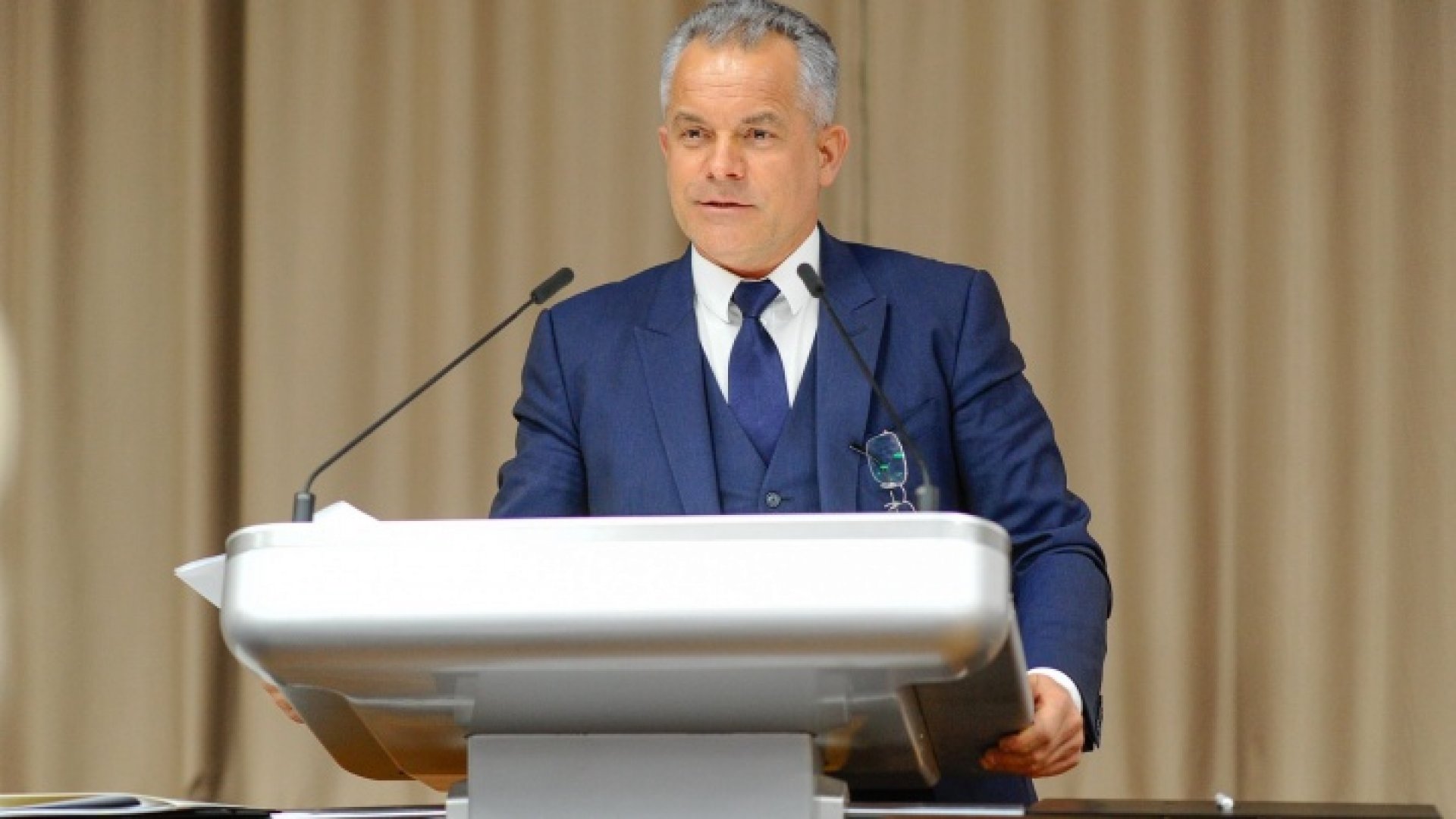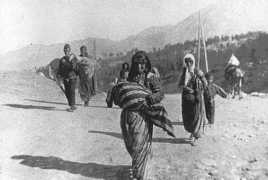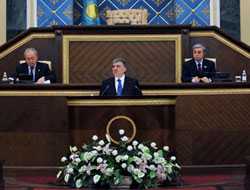
Over the recent years, Russian and international media have been actively writing about various contracts of Uzbekistan for the purchase of Russian military equipment, some of them are the most modern, and the other part are a legacy of the USSR. The numerous deals indicate Tashkent’s determination to take arms sales talks with Moscow to a higher level. In 2017, Uzbekistan committed to modernizing its armed forces as part of a five-year development strategy. Another factor that may have spurred Uzbekistan’s Defense Ministry recently was the intra-Afghan conference in Qatar, which resulted in the adoption of a nascent peace resolution. Tashkent has a lot at stake in this process, since any withdrawal of Western (particularly American) troops as a result of the resolution will have direct security consequences. Thus, Uzbekistan will take sole responsibility for protecting its border with Afghanistan.
In addition, in 2019, Uzbekistan purchased 12 Mi-35M military helicopters. These transport helicopters, which can also be used to attack ground targets, have been in production since the 2000s. Besides, Uzbekistan has ordered an unspecified number of BTR-82A armored personnel carriers (APCs), capable of carrying three crew members and seven soldiers. Previously, Tashkent also purchased “several dozen” special-purpose armored vehicles VPK-233136 “Tiger”, capable of transporting up to seven military personnel (according to TASS).
In addition to modernizing equipment for its ground forces, Uzbekistan plans to enter into contracts for the Air Force and order new fighter jets and a radar system. In particular, Tashkent is negotiating the purchase of Su-30SM multirole fighters, which Russia has deployed in Syria. Uzbekistan has also expressed interest in acquiring Sopka-2 radar systems, which monitor airspace, as well as upgrading the country’s existing military radars to Sopka-2 levels.
Closer-than-usual military cooperation between Russia and Uzbekistan began with President Shavkat Mirziyoyev’s first trip to Moscow in April 2017 and President Vladimir Putin’s return visit to Tashkent in October 2018. During these meetings, the parties discussed issues of military cooperation and modernization of Uzbekistan’s military equipment using Russian assets; the real details of these conversations are only surfacing now. And, no doubts, Uzbekistan’s recent purchases of Russian weapons, along with ongoing negotiations between the two sides, are directly related to these aforementioned summits.
A number of factors indicate that Uzbekistan’s efforts to update its military arsenal are related to the dynamically developing situation in Afghanistan. Earlier this year, the Chief of Staff of the Armed Forces of Uzbekistan, Major General Pavel Ergashev, spoke about the movement of “centres of instability” in northern Afghanistan (i.e. areas close to or bordering Uzbekistan), which, in his opinion, threatens stability in Central Asia. The fact that these purchases came after intense peace negotiations in Afghanistan, which were supported by Uzbekistan, is not a mere coincidence. Assuming a subsequent withdrawal of US troops from the theater of operations in the short to medium term, the burden of defending the Afghan-Uzbek border will now fall solely on Tashkent.
Despite the fact the Turkish drones such as the Bayraktar TB2 have become extremely popular due to their successful deployment in multiple conflicts around the globe and have also popped up in Central Asia, Uzbekistan seems to rely more on the Russian drone system. In August 2021, Uzbek armed forces performed a readiness drill with Russian-made drones in an area near the country’s southern border. The Yug-2021 exercise was held jointly with the Russian army against the backdrop of worsening stability in neighboring Afghanistan.
Uzbekistan has tried to develop domestic defense capabilities elsewhere too. In October 2021, the State Defense Industry Committee announced it had developed its own remote-controlled heavy machine gun. A month later, the same body said it had begun production of a domestically designed light-armored vehicle called Qalqon (Shield).
It is much more profitable for Uzbekistan to purchase military equipment from Moscow rather than from NATO for a number of reasons. Firstly, in the current conditions of logistical difficulties, the delivery of military equipment from Russia is much safer and cheaper than from NATO countries. Secondly, given Uzbekistan’s Soviet past, many standards and the language of instructions for Russian equipment are clearer than Western ones. Thirdly, the United States is gradually curtailing its geographic scope of military operations, since it cannot support them financially, and accordingly, supplies of depleted equipment to Uzbekistan will cost more, and their effectiveness is quite low. Finally, Uzbekistan is also aware of the strategic risks of purchasing military equipment from NATO – ultimately this will lead to the deployment of NATO military bases on the country’s territory under the pretext of “maintaining and monitoring” equipment in proper condition, joint exercises, etc.
Thus, these factors and global changes are motivating Uzbekistan to quickly acquire military equipment from the country where most of its obsolete military equipment originally came from.



 Russian President Vladimir Putin has described allegations his country holds compromising material on US President-elect Donald Trump as “utter nonsense” BBC reports.
Russian President Vladimir Putin has described allegations his country holds compromising material on US President-elect Donald Trump as “utter nonsense” BBC reports.

